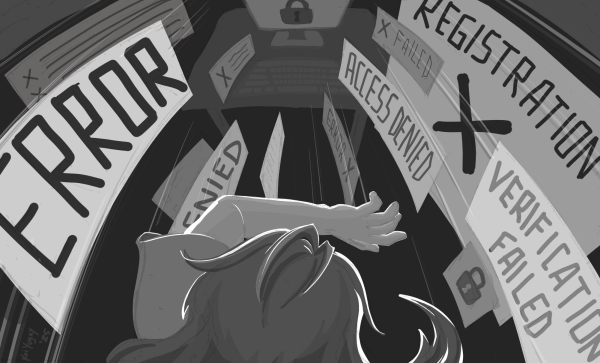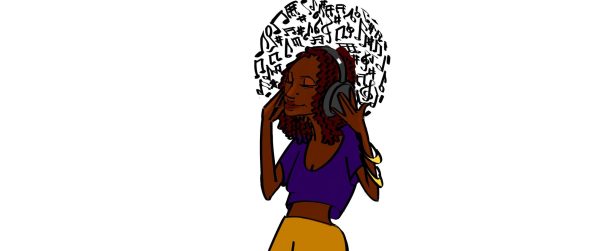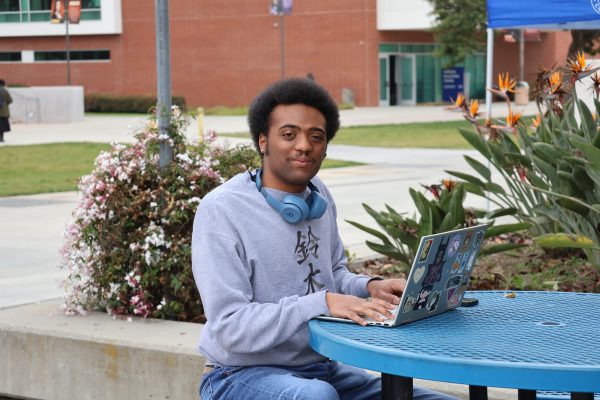Racism under the guise of coronavirus fears will never be excused
El Camino College sent an email to students and faculty members addressing the widespread coronavirus outbreak on Saturday, Feb. 29. After reassuring students that there were no known cases on campus (at the time; however, currently two cases on campus have been confirmed by ECC), the email ended with this statement:
“Another important reminder: while outbreaks like this understandably cause fear and concern, there’s no place for bullying and stigmatization of Chinese and other Asian community members. We must be proactive and focus on facts, not fear.”
Although this sentiment is agreeable, the mindset that every Chinese or Asian person has coronavirus should not be tolerated. If you see a Chinese person and assume they have coronavirus, it’s time to check your racial bias.
Is it really fair for you to assume a Chinese person in your vicinity has coronavirus? It should go without saying, but just because a person is Chinese does not mean they are infected. In fact, just because a person is Chinese does not mean they’ve even been to China in the past few months or that they’ve been in contact with somebody with the coronavirus.
Coronavirus, also known as COVID-19, originated in Wuhan, China in December 2019. According to the Centers for Disease Control and Prevention (CDC), there are 103,321 confirmed cases and 1,668 deaths in the U.S. as of March 24, 2020. The virus is spread “through respiratory droplets produced when an infected person coughs or sneezes,” and can be contracted between people who are close to each other, according to the CDC.
This pandemic has resulted in mass paranoia, spurred by misinformation in the media. Every time I look at the news or check my Twitter feed, I am bombarded by coronavirus articles and stories—some of them credible, some of them ignorant. Unfortunately, Chinese people (or Asians mistaken to be Chinese) have become the target of this fear.
Sadly, exhibiting such discriminatory behavior, like refusal of service or verbal aggression when confronted with a disease seems to be a pattern. Although I was too young to remember, the SARS (severe acute respiratory syndrome) outbreak in my home country of Hong Kong in 2003 led to widespread panic, ostracizing the Chinese community globally.
Chinese people deserve your support and sympathy, not repulsion and humiliation. In Hong Kong, my family and friends spend every day in fear; my friends are prevented from going to college in-person. My father goes to work, greeted by the eerie sight of empty streets when it should be bustling with people. My friend described the situation as “suffocating,” bordering on unbearable.
Not only is discriminating Chinese people harmful because it is alienating and dehumanizing, Chinese businesses have been heavily impacted by the mass hysteria surrounding the coronavirus outbreak. In Hong Kong, civilians who make their living on a day-to-day business (such as taxi drivers and shopkeepers), as well as those working in the tourism industry, are feeling the serious negative economic impact of the coronavirus. In an article by Financial Times, Paul Chan, the Hong Kong finance minister, “forecast[ed] a budget deficit of $139.1bn for 2020-2021, accounting for 4.8 per cent of gross domestic product, which would be the largest deficit on record.”
According to the LA Times, “Though there has yet to be a single documented case of the new coronavirus connected to Chinatown, the popular gathering spot has seen growing fear drive away customers in recent weeks, jeopardizing long-established businesses.” Luckily, this doesn’t seem to be the case near campus. Mrs. Ngo, owner of Sunny Donuts, a Chinese owned donut shop right across the street from ECC, remarks that her business has not been affected by this pandemic.
Ultimately, instead of spreading misinformation and fear, show support for your local Chinese businesses. Educate yourselves and others about this pandemic. Disguising racism as concerns for health does not go unseen. This behavior needs to change.
Editor’s Note: Punctuation fix was made at 6 a.m. on Wednesday, May 20.





